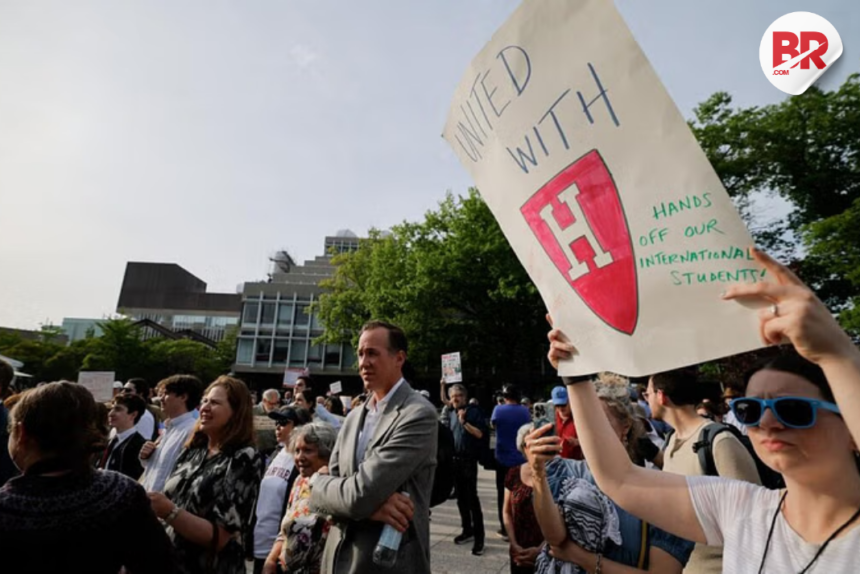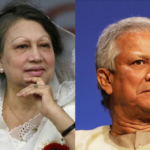A U.S. federal judge has given Harvard a temporary win against the Trump administration’s attempt to block the university from hosting foreign students. This decision protects thousands of international students from potential deportation and academic disruption — at least for now. But what’s next in this legal tug-of-war?
Judge Allison Burroughs of Boston issued a preliminary injunction, stopping the Department of Homeland Security (DHS) from revoking Harvard’s license under the Student and Exchange Visitor Program (SEVP). This license is what lets Harvard sponsor international students legally in the U.S. The judge’s move buys Harvard time to fight back while the case slowly unfolds in court.
Why Does This Matter to Students?
For international students, this ruling is a lifeline. Harvard relies heavily on global talent — more than 25% of its students come from outside the U.S., with nearly 60% of graduate students at the Harvard Kennedy School being international.
Without the SEVP certification, many students could lose their legal status or face visa troubles. Imagine being halfway through your studies and suddenly facing deportation — that’s the real fear here.
Princess Elisabeth of Belgium, who recently finished her first year at Harvard, is just one high-profile example of students caught in this political crossfire.
What Sparked This Clash?
The Trump administration, led by DHS Secretary Kristi Noem, accused Harvard of not cooperating with federal information requests. They alleged the university was involved in activities ranging from fostering antisemitism to suspicious links with the Chinese Communist Party — claims Harvard firmly denies.
Harvard’s refusal to comply with SEVP oversight was the latest evidence that it disdains the American people and takes for granted U.S. taxpayer benefits. Following our letter to Harvard, the school attempted to claim it now wishes to comply with SEVP standards.
We continue to… pic.twitter.com/6yg0roqqf5
— Secretary Kristi Noem (@Sec_Noem) May 29, 2025
Harvard responded with a lawsuit, calling the government’s move a “retaliatory attack on academic freedom.” The university says it’s being punished for resisting political pressure, which raises a big question: Should universities be caught in political crosshairs like this?
What Did the Judge Say?
Judge Burroughs was skeptical about the government’s approach. She pointed out that some international visas were revoked despite a previous court order not to do so. The government later gave Harvard a 30-day notice to prove compliance, but the judge doubted whether this was a meaningful change or just a tactical retreat.
Her concern? That this fight could drag on and end up right back where it started.
What’s Next for Harvard and International Students?
The temporary block is a win, but uncertainty remains. Harvard’s immigration office reports growing fear and confusion among international students. Many face extra screening at borders, visa delays, or outright denials abroad. This tension could disrupt graduate programs and research projects relying on global talent.
Meanwhile, the government plans to aggressively revoke visas of Chinese students suspected of ties to the Chinese Communist Party, heightening concerns of a brain drain for American universities.
Harvard is also battling the administration over nearly $3 billion in federal research funding cuts.
Despite the drama, Harvard’s legal fight is far from over. The DHS’s 30-day notice is still active, and the university could lose its certification if it doesn’t meet federal standards.
Also Read US Federal Reserve Pushes Back Against Trump Pressure, Reaffirms Independence




